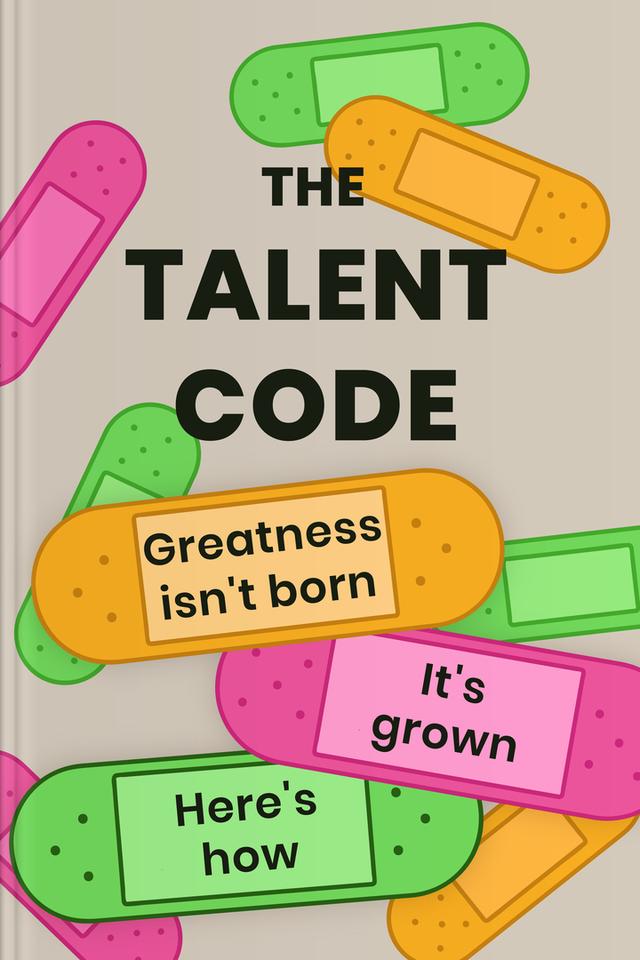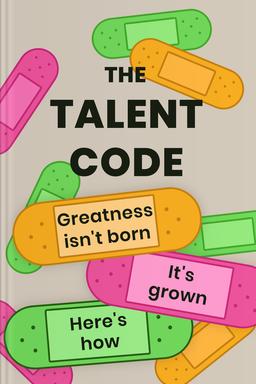You’ll learn
- How to unlock your potential
- About the critical role of myelin in mastering skills
- What primal cues are
- The transformative power of empathetic teaching
Protect the world’s peace. Donate to support Ukraine

first KEY POINT
Have you ever noticed how different aspects of life are somehow connected? For instance, take redwoods and roses — they both utilize photosynthesis to grow. Likewise, despite their size differences, elephants and amoebas use similar cellular processes to convert food into energy. Now, think about tennis players, singers, and painters. Although their professions may seem worlds apart, they share something in common. They all master their skills by refining their neural connections to enhance timing, speed, and accuracy.
Daniel Coyle cites the example of Clarissa, a thirteen-year-old girl who participated in a study conducted by Australian music psychologists. The researchers were intrigued not by her talent but by her approach to learning. When she sat down to practice, she didn't just play; she dived in, recognized her errors, and tweaked her strategies. During that process, something unique occurred in her brain: myelin, an insulating layer or sheath that forms around nerves, wrapped around her neural circuits, making them faster and more efficient.And the best part is that this isn't some exclusive magic reserved only for the chosen ones or those with “special genes.” It's something we all have access to. Whether it’s playing the piano, creating stunning artwork, or nailing that perfect tennis serve, it all boils down to this fundamental brain process.
So, as we delve deeper, remember that you can tap into this remarkable experience, hone your skills, and uncover the secrets of mastery. Dive in, and let's unlock your inner greatness!
second KEY POINT
To better understand the concept of deep practice, imagine that you have to memorize phrases from two lists: one with common words and the other featuring those missing one or more letters. Research shows that you will recall up to three times more words from the second column. Sounds impressive, doesn't it? When you memorize words with gaps, you pause, stumble, and make sense of them. This tiny moment of struggle deepens your practice and improves your memory recall.

Continue reading with Headway app
Continue readingfirst KEY POINT
second KEY POINT
third KEY POINT
fourth KEY POINT
fifth KEY POINT